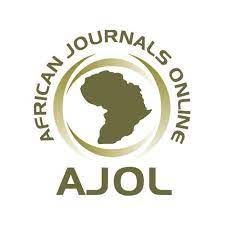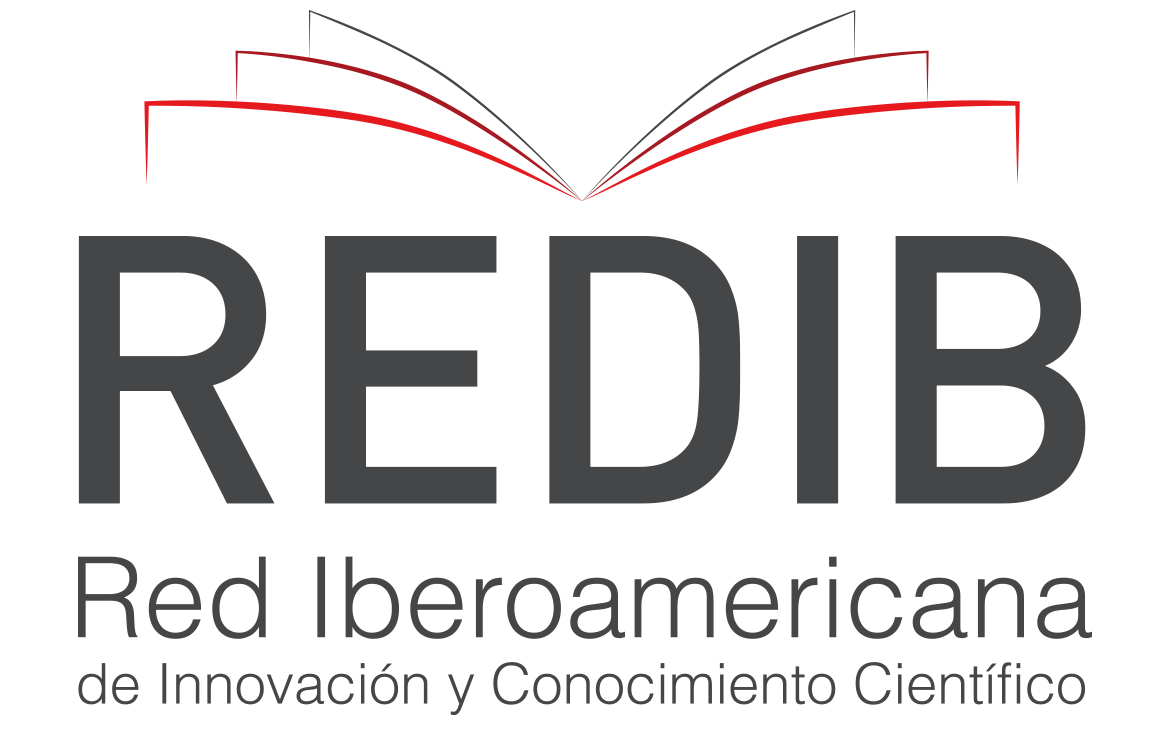Premial law: admissibility of collaboration awarded as a mechanism for obtaining proof and its practical reflexes in the angolan criminal justice system
DOI:
https://doi.org/10.54580/R0102.11Keywords:
Awarded Collaboration, Awarded Delegation, Right, criminal justice, means of proofAbstract
Throughout world history, a search for the truth of facts has always demonstrated a relevant character in the application of justice, but obtaining a truth of any fact is not a simple task. There are several legal institutes that have the status to obtain the truth of the facts, among them the awarded collaboration. The truth of the facts proves to be important in any legal field, but especially in criminal law and procedural law, given the importance of the protected legal law. We believe that the award-winning collaboration is of the importance of criminal justice since, given the complexity of certain criminal articulations, the elucidation of criminal practice becomes equally complex, so it seems undeniable by investing in confession and information. that help to clarify the criminal offense, as a criminal practice is often surrounded by details of difficult elucidation: operation, composition, organization, hierarchy among other details. However, an award-winning collaboration is not a means of proof and must always be confronted and confirmed with the evidence of the process. It is not enough to blame the indicators. It is a means, a proof test technique. In this paper, we will make a brief general introduction to prize law (prize-winning collaboration), we will briefly summarize award-winning collaboration in substantive and adjective (general) law, we will also mention the international standards that host the institute, and finally we will use to address a procedural collaboration in the homeland legal system.
Downloads
References
Bitencourt, C. R. (2008). Tratado de direito penal: parte especial. São Paulo: Saraiva.
Carnelutti, F. (2012). As Misérias Processo Penal. Lisboa: Escolar Editora.
Guidi, J. A. M (2006). Delação Premiada no Combate ao Crime Organizado. Franca: Lemos & Cruz.
Ihering, R. V. (1997). A luta pelo direito. Rio de Janeiro: Forense.
Nucci, G. de S. (2013). Organização criminosa: comentário à lei 12.850 de 02 de Agosto de 2013. São Paulo: Revista dos Tribunais.
Nucci, G. de S. (2017). Manual de processo penal e execução penal. Rio de Janeiro: Editora Forense.
Pereira, F. V. (2013). Delação premiada: legitimidade e procedimento. Curitiba: Juruá.
Pinto, F. L. C. (1998). Direito Processual Penal - Curso Semestral. Associação Académica da Faculdade de Direito Lisboa, Lisboa.
Santos, M. P. D. (2017). Colaboração (delação) premiada. Salvador: Editora Juspodivm.
Souza, S. R. (2010). Manual da prova penal constitucional: pós-reforma de 2008. São Paulo: Juspodivm.
Silva, G. M. da. (2011). Curso de Processo Penal. Lisboa: Babel.
Silva, G. M. da. (2008). Direito Penal Português, Parte Geral III, Teoria das penas e medidas de segurança, 2º Edição. Lisboa: Editorial Verbo.
Vasconcelos, V. G. (2015). Barganha e Justiça Criminal Negocial: Análise das tendências de expansão dos espaços de consenso no Processo Penal brasileiro. São Paulo: IBCCRIM.
Vladimir Aras, V. (2015). A técnica de delação premiada. [PDF] Disponível em: https://vladimiraras.blog/2015/01/07/a-tecnica-de-colaboracao-premiada/.
Ferri, W. P. (2006). Delação premiada no crime de extorsão mediante sequestro. [PDF]. Disponível em: http://jus2.uol.com.br/doutrina/ texto.asp?id=8104.
Kobren, J. C. P. (2011). Apontamentos e críticas à delação premiada no Direito Brasileiro. [PDF]. Dispomível em: www.jurídicohightech.com.br.
Legislação usada:
Constituição da República de Angola (CRA)
Código Penal Angolano
Código de Processo Civil Angolano
Código de Processo Penal Angolano
Convenção da União Africana Sobre a Prevenção e o Combate a Corrupção
Convenção das Nações Unidas Contra a Corrupção
Convenção de Palermo
Decreto-Lei n.º 35 007
Lei do Combate ao Branqueamento de Capitais e do Financiamento ao Terrorismo (Lei n.º 34/11, de 12 de Dezembro)
Lei Sobre a Criminalização das Infracções Subjacentes ao Branqueamento de Capitais (Lei n.º 3/14, de 10 de Fevereiro)
Lei da Penitenciária (Lei n.º 8/08, de 29 de Agosto)
Lei Sobre o Tráfico e Consumo de Estupefacientes, Substâncias Psicotrópicas e Precursores (Lei n.º 3/99, de 6 de Agosto)
Novo Código Penal (versão: Relatório final de fundamentação da lei que aprova o Código Penal)
Downloads
Published
Issue
Section
License

This work is licensed under a Creative Commons Attribution-NonCommercial-ShareAlike 4.0 International License.



























